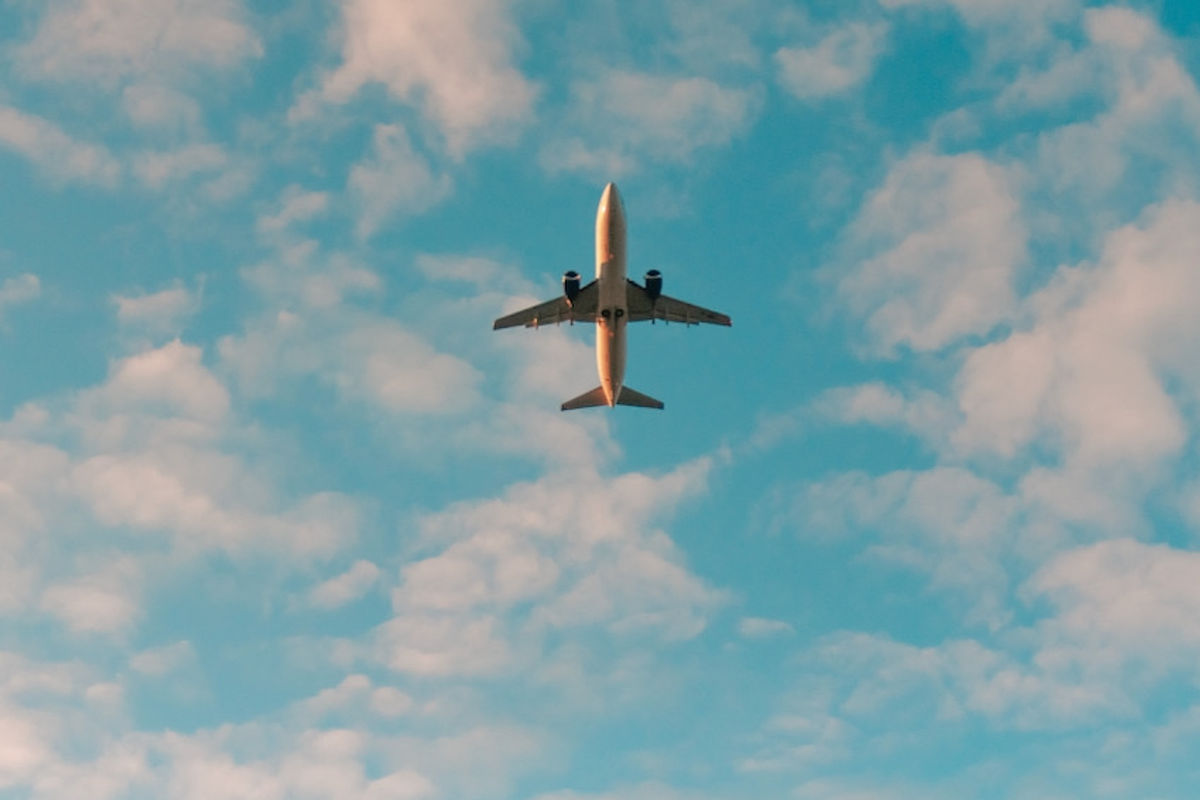UK gov aims to avoid airfare increases as it unveils SAF mandate

The UK government has today published the details of its sustainable aviation fuel mandate which will ensure ten per cent of all jet fuel on flights taking off in the country comes from sustainable sources by 2030.
The plans include a “review mechanism to help manage prices and minimise the impact on fares” amid concerns expressed by airlines that the limited supply and high cost of SAF could push fares up and demand for travel down.
Subject to parliamentary approval, the mandate will come into force in January 2025 and stimulate a SAF industry estimated to add more than £1.8 billion to the UK economy and create some 10,000 jobs. The government’s targets will see around 1.2 million tonnes of SAF supplied to airlines every year.
Providing sufficient SAF is available, the government says “any increases in air fares as a result of SAF will fall well within the range of usual fluctuations in prices we see every year and the government have plans in place to prevent any major hikes.”
The government has also launched a consultation on a SAF revenue certainty scheme that would provide new and existing SAF producers and investors with the confidence needed to continue investing in the industry.
The UK’s Transport Secretary Mark Harper said: “As part of our plan to grow the economy, the measures announced today will give both UK aviation and the UK SAF industry the certainty they need to keep creating skilled British jobs while giving passengers the freedom to continue travelling by air in a way that’s fit for the future.”
Tim Alderslade, CEO of Airlines UK, said its members support a SAF mandate “as a vital step towards the net-zero transition”. He continued: “It is vital that government now puts the right measures in place to incentivise production and reduce the cost of SAF as seen in the EU and US, as quickly as possible. Without these, the UK will be at a competitive disadvantage with consumers at risk of higher fares.”
In a statement provided in response to the mandate, Aviation Environment Federation policy director, Cait Hewitt, said: “If this mandate means the government finally acknowledging the aviation emissions problem can’t be solved without some policy action, then perhaps it’s a step in the right direction. But what we really need is a reduction in aviation emissions. A percentage mandate for alternative fuel in an industry hungry for growth can’t guarantee that. So for the time being, it remains the case that the best way to cut emissions from flying is to fly less.”
Hewitt continued: “On the revenue certainty mechanism, whatever form this takes, the important thing is that it’s airlines, not the public, who pay for any fuels or technologies designed to help cut emissions. With no tax on aircraft fuel and no effective emissions charges for flights outside Europe, it’s about time we made the polluters pay.”
The organisation, together with Transport and Environment UK and Green Alliance, recently outlined their concerns relating to the use of SAF as a mechanism for reducing aviation’s impact on the environment.
Related
Calls for over 60 free bus travel update from Department…
Calls for free bus travel for those over the age of 60 in England is gaining more attention after an increase of support. Unlike those in Wales, Scotland, and N
Major UK train station is one of the worst places…
Pickpockets are a problem across the UK, but one place is the worst for having your belongings stolen. According to the British Transport Police (BTP), just und
UK Snow Travel Chaos: Kent, East Sussex, West Sussex, Hampshire,…
UK Snow Travel Chaos: Kent, East Sussex, West Sussex, Hampshire, Wiltshire, Surrey, Berkshire, Greater London, Essex, Suffolk, Hertfordshire,
‘Only travel if necessary’ warning as UK’s busiest motorway shut…
NATIONAL Highways have issued an urgent warning to drivers as one the UK's biggest motorways shuts for the weekend. They has urged drivers to re-plan their rou











